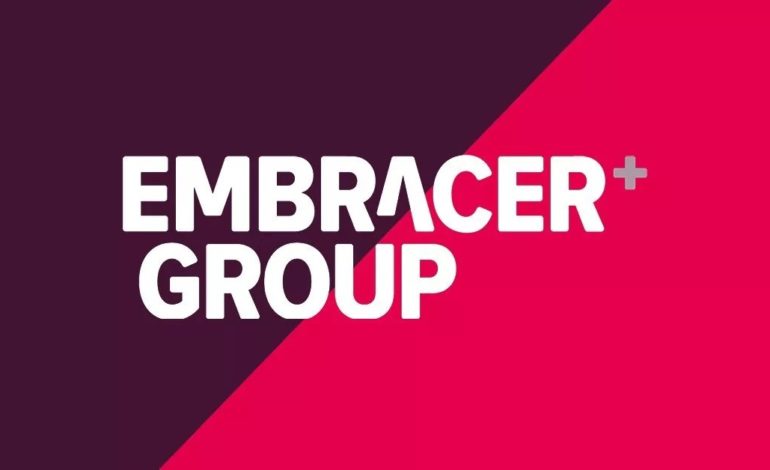

Lars Wingefors, the CEO of Embracer Group, recently discussed the reasons behind his company splitting into three parts and plans for the companies going forward in an interview with Games Industry.biz.
Embracer announced Monday that it would be splitting into three separately-listed companies: Asmodee Group, Coffee Stain & Friends, and Middle-earth Enterprises & Friends. Wingefors said that the split enabled them to finance the businesses and lower the cost of capital.
He said that the current structure of Embracer is not optimal for its various studios to be successful, and cited a variety of changing outside factors as causes for the split.
“We had a number of years, 2019 and 2020, where the cost of capital was really cheap and the willingness from investors to invest into growth organically and inorganically via M&A was endless,” he said. “We also had a gaming market booming, especially during COVID, and we had a much more solid geopolitical situation, for example, in Russia. All those factors have changed a lot.”
Notably, he does not mention Embracer’s rapid acquisition of studios as a cause for its split. The company’s debt, which is still over $963 million after the sales of Sable Interactive and Gearbox Entertainment, has been largely transferred to Asmodee.
“The banks love Asmodee, they know the company has been highly leveraged on their private equity ownership for more than a decade,” Wingefors said. “That amount is basically paying down the debt – not all, but most of the debt – in the remaining Embracer Group, meaning Coffee Stain & Friends and Middle-Earth & Friends.”
Wingefors confirmed that the Embracer name would be going away and that a new holding company would be created to allow him to remain in control. He stressed that the change was not because he felt he needed distance from the Embracer name, but because he wanted it to be able to form its own identity.
Looking forward, he said that he wanted the new companies’ management teams to form their own leadership style and focus on how they communicate with the public.
“I would like the management teams of those businesses to form their own specific strategy in terms of how they operate their business, how they consolidate what games they make, how they monetize, and so on,” Wingefors said.
He said that the companies were divided based on what management structures would best fit the games that they developed. He specifically referenced excitement for transmedia ventures across multiple formats with their owned IPs.
“Just the Middle-earth opportunity on its own is just amazing if you think about it – what you can do and how you can expand that world and how you can do that with gaming, but also how you can combine it with other media,” he said. “I’m a huge believer in transmedia. I’m encouraged to see the success of Fallout on Amazon Prime in recent weeks. It’s a fantastic example of how you could do a successful transmedia.”
Though the companies own over 900 IPs collectively, there are no plans for all of them to be used. There are also no plans to acquire any new studios at the current moment, as the company is working on making games and rebuilding trust.
Play games, take surveys and take advantage of special offers to help support mxdwn.
Every dollar helps keep the content you love coming every single day.
